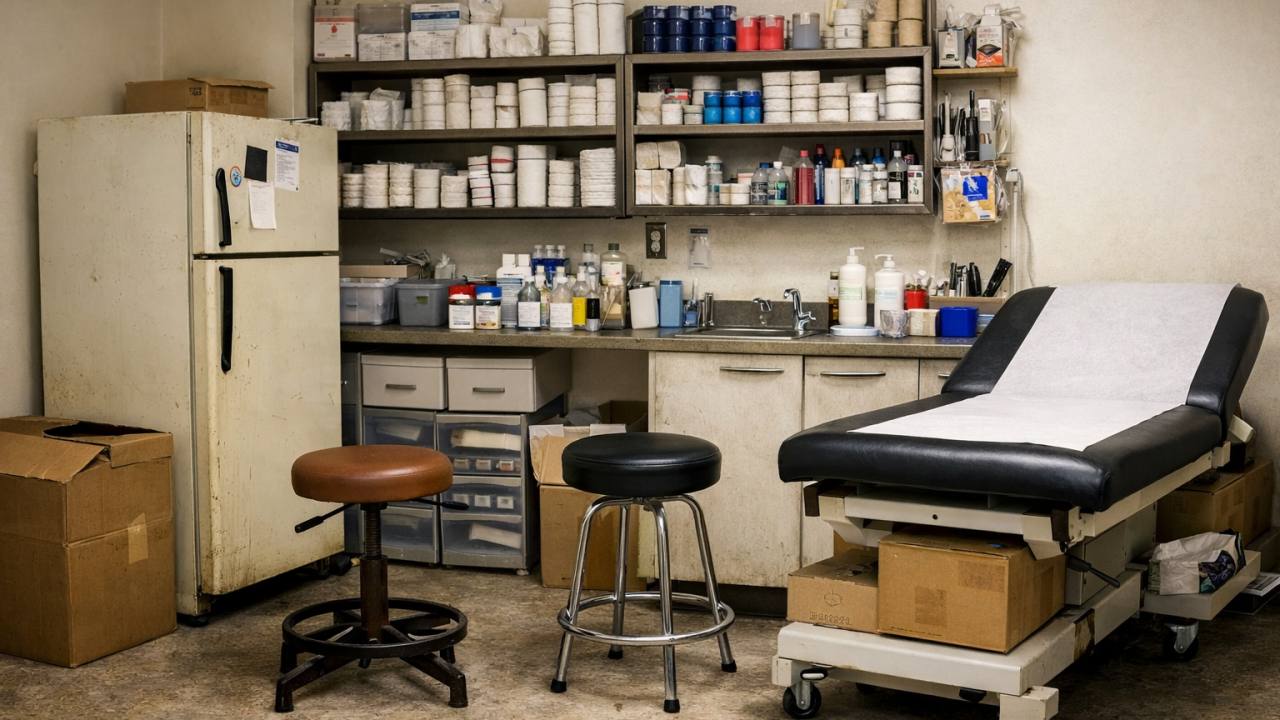How We Think Shapes What We See: Story and Reflection
When I mentioned last month that I was heading to Las Vegas to see the Eagles play in the Sphere, more than one person responded with a look of surprise, post-Super Bowl: “You’re going to a football game?”
That moment—a simple case of mistaken reference—got me thinking about how our assumptions and mental models shape what we expect to hear. It happens in medicine all the time.
Not long ago, I worked with an intern who was just a few months into residency. He wanted to talk about an attending who, in his words, “has it out for me.”
Now, I’ve worked with enough residents—and enough attendings—to know that mismatches happen. Sometimes personalities clash. And sometimes, there really is an antagonistic dynamic at play. But in this case, we took a step back together to sort fact from story about the facts.
The attending had disagreed with some of his management plans. And in his milestone evaluations, the intern had received a few 1s and 2s across sub competencies. He was ruminating about it, anxious, and losing sleep.
When I asked what he understood about the milestone scale, he said, “5 means I’m doing good. 1 means I suck.”
That’s when we paused. I asked if I could share the intended meaning behind the scale—that a “1” early in training doesn’t mean failure. It typically reflects expected development at that point in residency. His interpretation was based on an incomplete mental model—and it was costing him peace of mind.
We also explored what it was costing him to believe the attending was out to get him—and what might shift if he adopted a different, more generous, yet believable, interpretation.
He landed on this: “I don’t really like his style, but maybe he’s trying to push me to be a better doctor.”
At our next check-in, he was sleeping better and feeling less anxious. Same attending. Same evaluations. But a different mental model—and a much healthier outcome.
Milestone evaluations are one area where we need shared mental models—between residents, faculty, and CCCs. Without that shared understanding, even well-intentioned feedback can be misread.
And evaluations are just the start. Shared mental models also matter when we’re defining what professionalism looks like in our local culture. What qualifies as direct observations — and why they matter. When we toss around the phrase “quality feedback” but need to qualify it with details to new faculty (and sometimes experienced faculty) and residents We need to be on the same page of "Shared Decision Making." What "entrustment means" and the shared models of the new ABFM outcomes. Even how we define what it means to be “on track” needs alignment.
Helping residents and faculty surface where their mental models diverge—and reconnect around shared understanding—can shift everything.
Reflection:
What shared mental models in your setting could use a tune-up?
What assumptions are shaping how you show up—and are they helping or getting in the way?





Responses